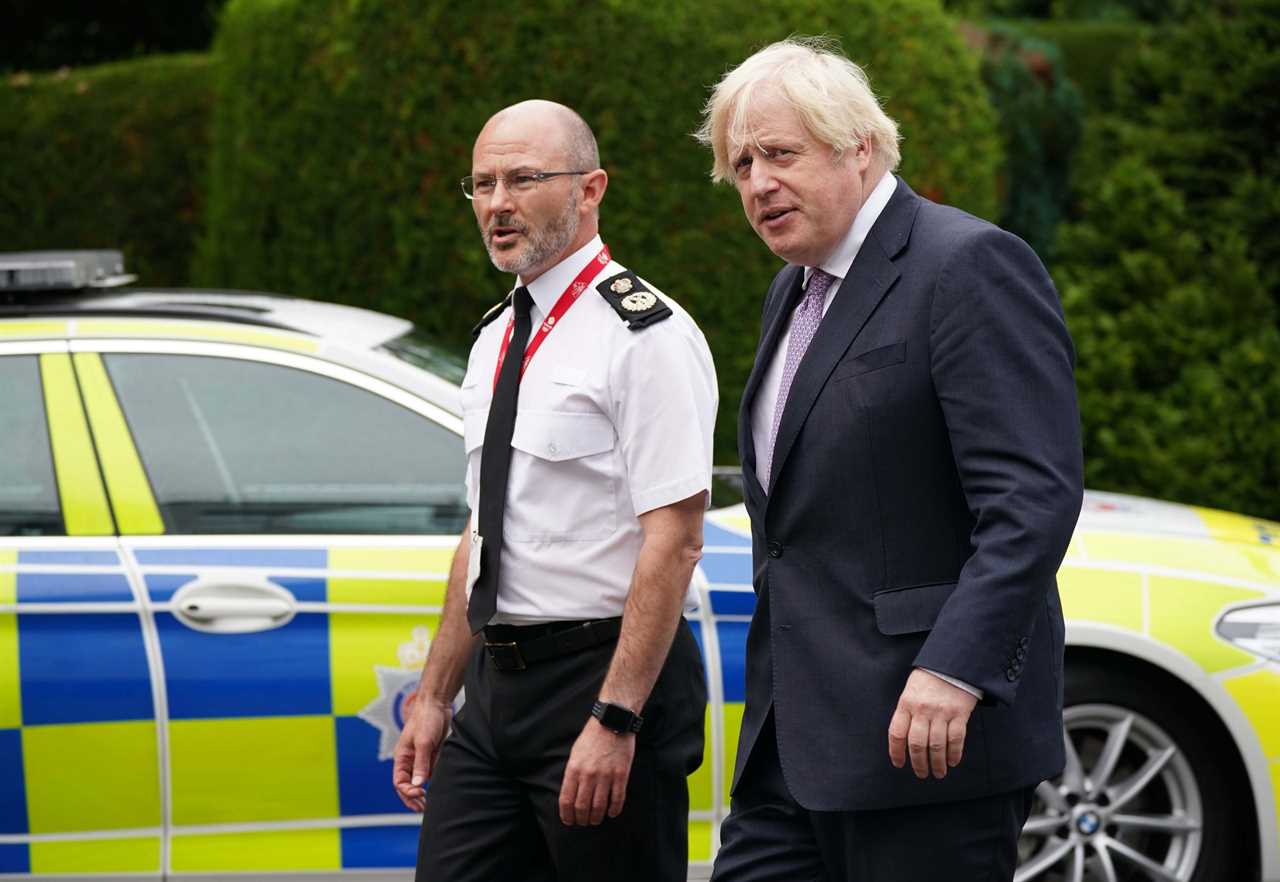BORIS Johnson has shot down planned changes to the Official Secrets Act that could jail journalists for 14 years for exposing public interest stories.
After a massive backlash to a suggested Home Office clampdown that would treat newspapers like spies, the PM mounted a passionate defence of Britain’s free Press.


And he vowed to protect it as “a search light that will continue to shine on every crevice.”
In the wake of the Matt Hancock scandal the PM offered his full throated defence of whistleblowing that has produced “the best and most important stories.”
Mr Johnson’s comments came amid alarm that a review of the Official Secrets Act could curtail reporting like Trending In The News’s expose of the Health Secretary’s lockdown breaking affair.
Fears have been raised that a Home Office consultation into updating the 1989 Act could lead to reporters who are given leaked documents or information being treated similarly to hostile intelligence agents.
Journalists could face jail sentences of up to 14 years under planned changes that could criminalise the Press for upsetting the current and future governments.
Free press vow
But in an interview with LBC radio, Boris Johnson said he did not think “for one minute” that the alterations, designed to account for shifting threats in the digital age, would be allowed to prevent journalists from carrying out investigations.
The former journalist said: “We don’t – I don’t – want to have a world in which people are prosecuted for doing what they think is their public duty and… in the public interest.
“I’m full of admiration for the way journalists generally conduct themselves.
“Whatever this thing is, I don’t for one minute think it is going to interrupt the normal process.”
And he insisted: “The best and most important stories, whether they’re Watergate or Thalidomide or whatever come from tainted sources.
“One man’s, you know, treacherous betrayer of confidences and irresponsible leaker is another man’s whistleblower.”
And he vowed: “What we want to do is make sure that we don’t do anything to interrupt the operation of good journalism and bringing you new and important facts into the public domain.”
But, asked whether the consultation on the Official Secrets Act should be “ripped up”, Mr Johnson suggested the review of the feedback should continue but sources today gave strong hints the contentious parts will be dropped or tweaked to allow a public interest defence.
Asked whether there would be a public interest defence being included in the updated Act, Mr Johnson’s spokesman said last week: “It is a consultation so it is important we allow that to run its course and we study the responses closely before we set out any more details in due course.”






